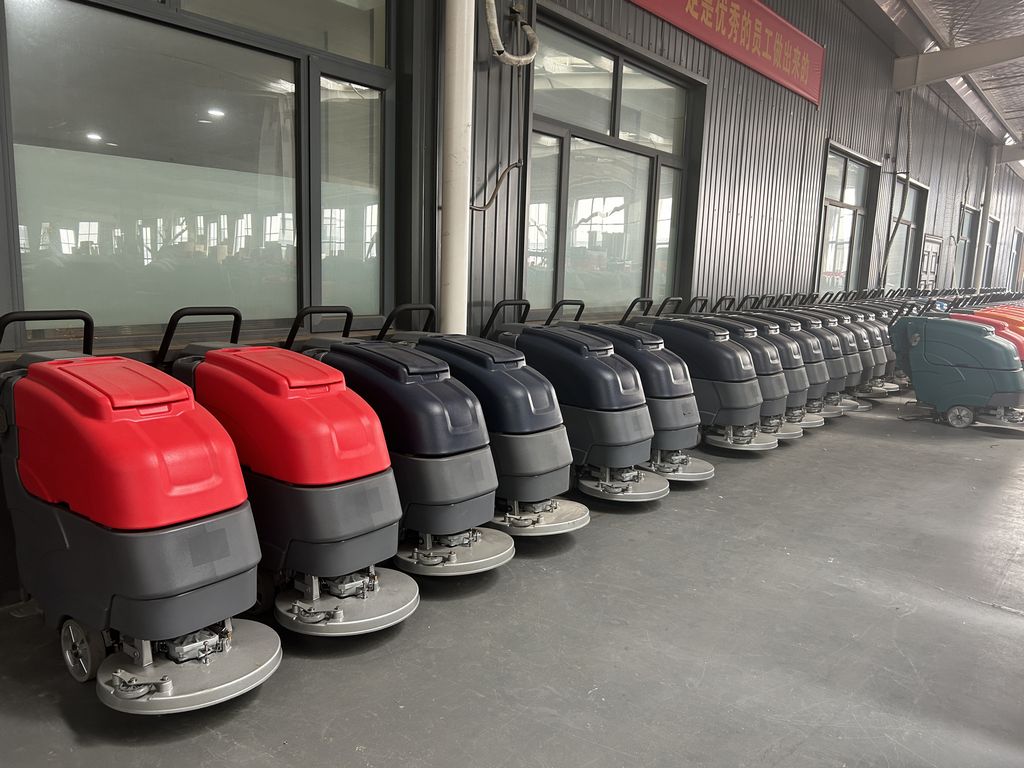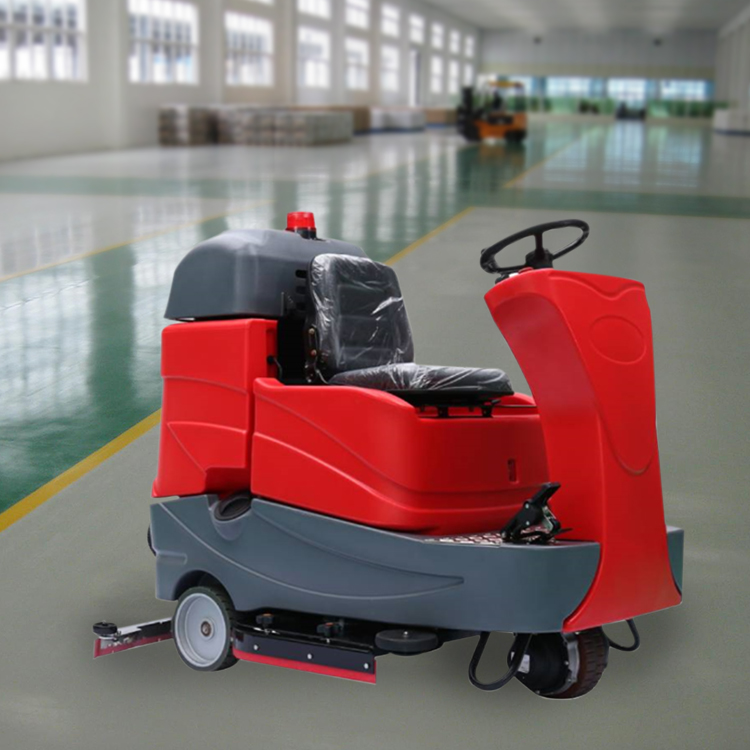
Navigating through the industrial cleaning sector, one can’t help but notice the growing emphasis on eco-friendly floor sweepers. It’s not just about keeping our factories and warehouses clean anymore; it’s also about doing so sustainably. With environmental regulations tightening and a global shift towards greener practices, the demand for efficient yet environmentally conscious solutions has never been higher.

Working in this field, I’ve had my fair share of ups and downs. One recent project had me pulling my hair out trying to find the perfect balance between cost-effectiveness and sustainability. But let me tell you, stumbling upon innovations in floor sweepers industrial designs was like finding a needle in a haystack – unexpectedly delightful and rewarding.
Floor sweepers industrial models have come a long way from being mere dust collectors. Today, they’re engineered with cutting-edge technology that not only enhances their efficiency but also reduces their carbon footprint. Take, for example, the latest line of battery-operated sweepers. These machines offer an impressive run time, allowing businesses to operate longer without compromising on performance or the environment.
Moreover, these industrial sweepers are designed with versatility in mind. They can easily navigate tight corners and uneven surfaces, making them ideal for various industrial settings. Whether it’s a bustling manufacturing plant or a spacious warehouse, floor sweepers industrial options are tailored to meet specific needs while ensuring minimal disruption to daily operations.
However, the journey towards embracing these technological advancements isn’t always smooth sailing. There are challenges along the way, including convincing stakeholders of the long-term benefits despite the initial investment. But as we continue to witness positive outcomes – cleaner environments and reduced operational costs – the value proposition becomes increasingly compelling.
Innovation doesn’t stop at just the machinery itself. The materials used in the construction of floor sweepers industrial units are also evolving. Recycled plastics and metals are being utilized more frequently, further reducing the impact on our planet. This approach not only supports environmental conservation efforts but also contributes to creating a circular economy where resources are reused rather than discarded.
Another exciting development is the integration of smart technologies into floor sweepers industrial systems. Imagine a sweeper that could automatically detect areas that need extra attention or alert operators when maintenance is due. These features not only improve efficiency but also extend the lifespan of the equipment, offering better returns on investment.
But let’s be honest, amidst all these technical details and environmental considerations, there’s a human element that often gets overlooked. The satisfaction of knowing that your work contributes positively to both your company and the environment makes the job all the more fulfilling. It’s these moments that remind me why I chose this path in the first place.
As we look to the future, the trajectory seems clear: floor sweepers industrial sectors will continue to innovate, driven by the dual engines of technological advancement and environmental responsibility. And while there might be hurdles along the way, the potential benefits make every challenge worth tackling.

Remember, though, even in this pursuit of perfection, mistakes happen. Just last week, I accidentally typed ‘industrail’ instead of ‘industrial’ in an important document. A small typo, sure, but it serves as a reminder that no matter how far we advance, we’re still human at heart.
In conclusion, the evolution of floor sweepers industrial sector represents much more than progress in cleaning technology. It symbolizes a commitment to a sustainable future, underpinned by innovative thinking and a willingness to adapt. As we move forward, embracing these changes will undoubtedly pave the way for a cleaner, greener tomorrow.

